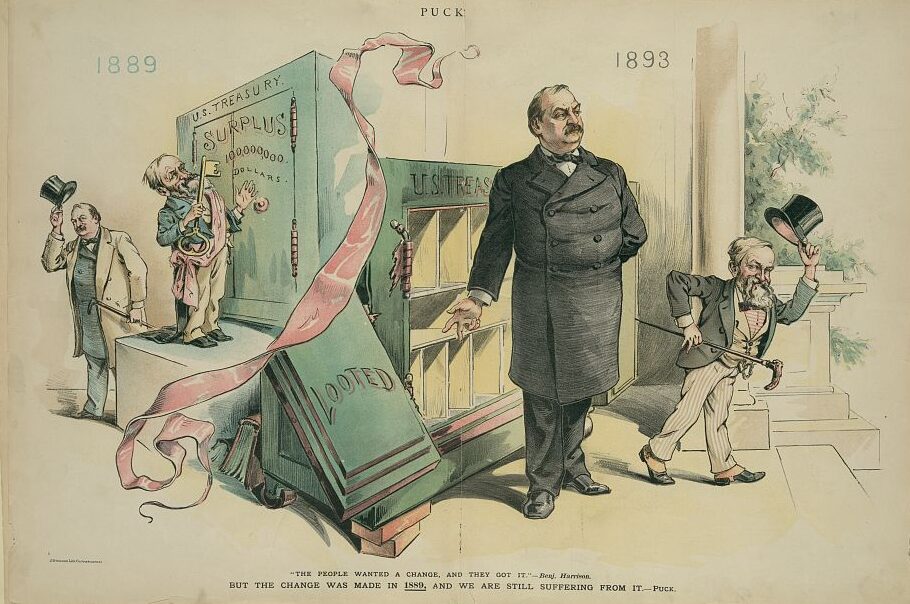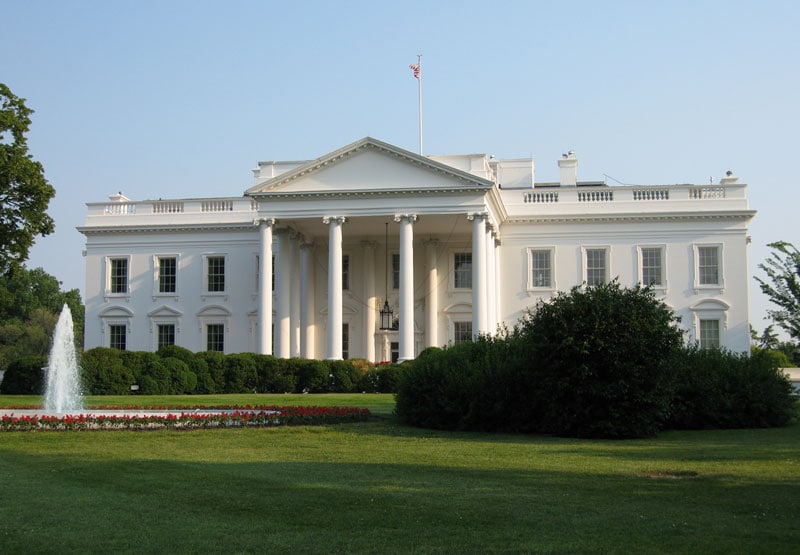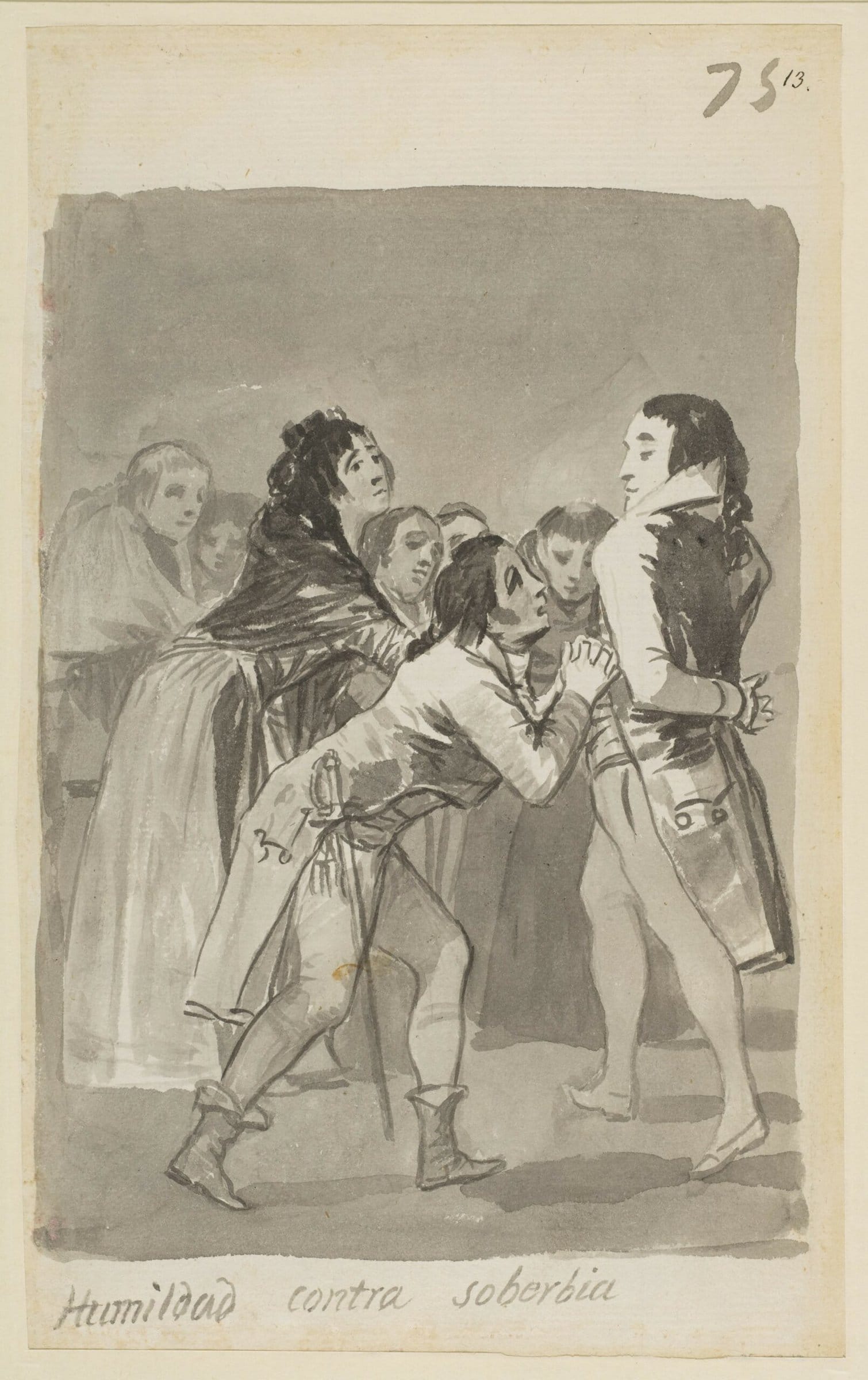Historians are uniquely qualified for the important social and educational job of putting current affairs into historical context. We do it in our classrooms, in op-ed pieces, in books and articles, and at conferences and meetings. Sometimes a news item calls loudly for historical contextualization. The restoration of full diplomatic relations between the United States and Cuba that was announced yesterday surely qualifies as one of these. Cuba was a locus of Cold War tensions in the 20th century, a site of colonial conflict at the end of the 19th, a nexus in the transatlantic slave trade in the 18th and early 19th centuries, and a place of early colonial encounter in the 15th and 16th centuries; this small island nation has always been a major participant in world affairs. Complex political, social, cultural, and economic relations between the US and Cuba, which are part of much larger Atlantic and global narratives, have arguably existed since before either was a sovereign nation.
While it is of course too late to organize a panel for the upcoming annual meeting specifically in response to the reconciliation, attendees interested in contextualizing these events will find a wealth of papers on the history of Cuba and its role in the wider world. The long view on Cuba’s international interactions is represented by a paper on Cuba and the United States in the Atlantic Slave Trade, which looks at the role of the Spanish colony during the 18th century, or the Africa and Cuba: Links and Legacies panel, which has two papers on the same period of Atlantic world history.
For those with interests chronologically closer to the present, cultural, social, and political analyses of Cuban history in the 20th century abound. Fields of Plenty and Lives of Want: Pan-American Food Production during the Great War looks at the important role that small-scale farming in Cuba played in the world food system that evolved during World War I. Lilian Guerra—whose March Perspectives article, “Why Caribbean History Matters,” struck a chord with many of our readers—is presenting “Feeling Like Fidel”: Empowerment, Surveillance, and Emotion in the Cuban Revolution as part of a panel on comparative revolutions. Another panel looks at the cultural politics of childhood during the Cuban Revolution.
These papers and more have relevance for historians of all stripes, so add one to your annual meeting plan (download our meeting app to help you create your schedule). And if you want to mark the renewal of formal diplomatic relations with some Cuban cuisine the local arrangements committee recommends venturing downtown to Cafe Habana.
This post first appeared on AHA Today.
This work is licensed under a Creative Commons Attribution-NonCommercial-NoDerivatives 4.0 International License. Attribution must provide author name, article title, Perspectives on History, date of publication, and a link to this page. This license applies only to the article, not to text or images used here by permission.



